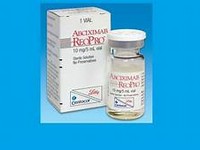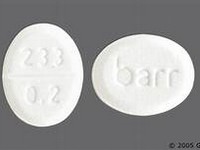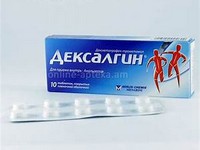Abciximab

Abciximab
CLINICAL USE
Antiplatelet agent:
Prevention of ischaemic cardiac complications in patients undergoing percutaneous coronary interventionShort-term prevention of myocardial infarction in patients with unstable angina not responding to treatment or awaiting percutaneous coronary intervention DOSE IN NORMAL RENAL FUNCTION
IV bolus: 250 mcg/kg then by infusion at 0.125 mcg/kg/minute for 12 hours after intervention (maximum 10 mcg/minute) PHARMACOKINETICS
Molecular weight :47 455.4 %Protein binding :Binds to platelets %Excreted unchanged in urine : Minimal (catabolised like other proteins) Volume of distribution (L/kg) :0.1181half-life – normal/ESRD (hrs) :<10 minutes/unchanged DOSE IN RENAL IMPAIRMENT
GFR (mL/MIN)
20 to 50 : Dose as in normal renal function 10 to 20 : Dose as in normal renal function <10 : Dose as in normal renal function. Use with caution DOSE IN PATIENTS UNDERGOING RENAL REPLACEMENT THERAPIES
CAPD :Unlikely to be dialysed. Dose as in GFR <10 mL/min HD :Unlikely to be dialysed. Dose as in GFR <10 mL/min HDF/high flux :Unlikely to be dialysed. Dose as in GFR <10 mL/minCAV/VVHD :Unlikely to be dialysed. Dose as in normal renal function IMPORTANT DRUG INTERACTIONS
Potentially hazardous interactions with other drugsHeparin, anticoagulants, antiplatelets and thrombolytics: increased risk of bleeding ADMINISTRATION
Reconstition
– Route
IV bolus, IV infusion
Rate of Administration
Bolus: 1 minute Infusion: 0.125 mcg/kg/minute (maximum 10 mcg/minute)Comments
Dilute in sodium chloride 0.9% or glucose 5%Give via a non-pyrogenic low-protein- binding 0.2, 0.22 or 5 micron filter OTHER INFORMATION
Increased risk of bleeding in CKD 5, benefits of abciximab treatment may be reducedIn the UK the licence says avoid in haemodialysis patients due to increased risk of bleeding (as on heparin for dialysis) but it is used in normal doses in the USAAntibodies to abciximab develop 2–4 weeks post dose in 5.8% of patients so monitor for hypersensitivity reactions if re-administeredAbciximab remains in the body for at least 15 days, bound to plateletsOnce infusion is stopped, the concentration of abciximab falls rapidly for 6 hours then decreases at a slower rate
See how to identify renal failure stages according to GFR calculation
See how to diagnose irreversible renal disease
Home









